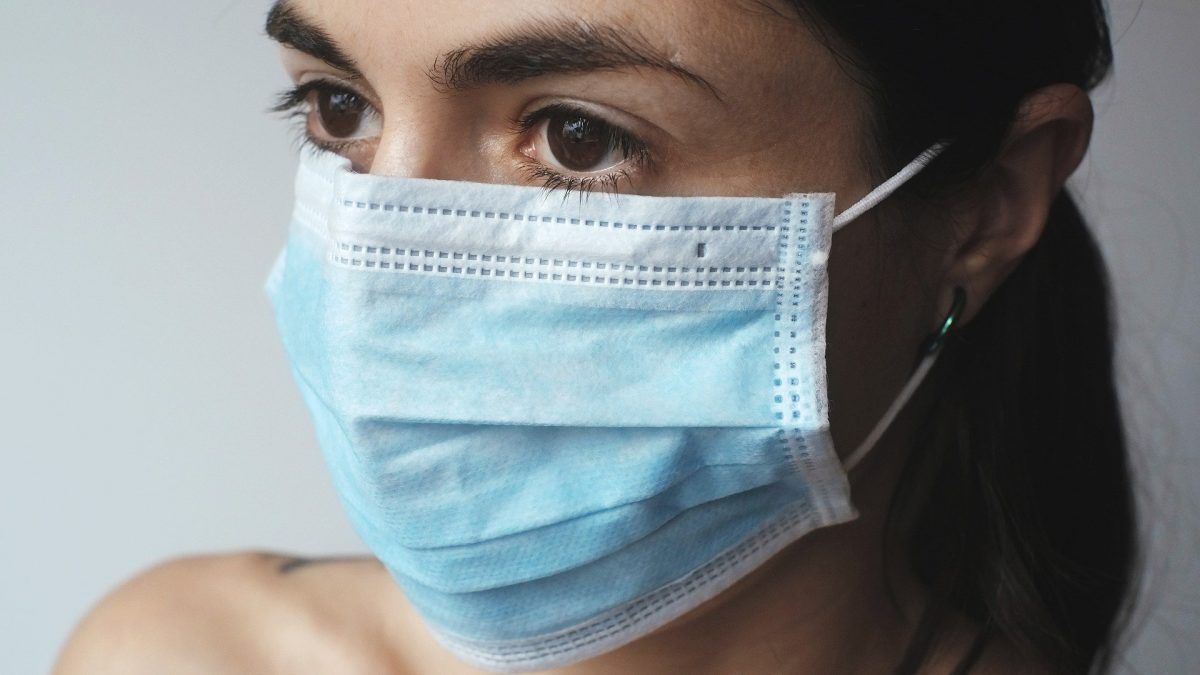Philly Coronavirus Megapost – 3/17/20

It’s St. Patrick’s Day, but today will look very different from celebrations past. While Guinness would normally flow freely and revelers would cheer on a lavish parade in a sea of green, this year there will be very few, or no parties. The bars are closed, and our newfound mandate of “social distancing” discourages congregating in groups of ten or more. Grocery stores have been ransacked, so good luck gathering all the right ingredients for a traditional corned beef and hash dinner. In short, welcome to the new normal.
The novel coronavirus, or COVID-19, is sweeping the world, leaving panic and fear in its wake. Similar in epidemic properties to a flu, only more unpredictable and fatal, the disease has caused thousands of deaths across the world, with the toll in America creeping quickly towards four digits. As the disease spreads easily between people in close proximity to each other, the goal these days is to isolate oneself as much as possible. Both national, state-level, and city officials have made decisions to promote this isolation, with a spate of closings, cancellations, and other changes that affect life as normal in the City of Brotherly Love. Read on to find out what, as of this morning (3/17/20), you should know.
City bleeds money as entertainment is cancelled.
As of Sunday, the city of Philadelphia was out $1.2 million – and counting – over cancelled performances and events. As per a weekend survey by Theatre Philadelphia, the umbrella marketing organization for regional theater companies, 28 theaters had reported in with 72 percent reporting performance cancellations and 78 percent reporting lost income. Katherine Clark, marketing manager for the group, stated that, based on the responses she was getting, it wouldn’t be surprising if the economic impact was twice what was being unofficially estimated. Desperate theater companies are asking patrons to help out by making donations as a means of keeping troupes and venues afloat through this difficult time.
All non-essential business halted.
As of 5pm yesterday, Philadelphia mayor Jim Kenney finally caved to mounting pressure by Governor Tom Wolf and the public to essentially shut down the city. All non-essential business has been halted: bars, barbers, bookstores, etc. Only banks, grocery stores, restaurants’ take-out and delivery services, and very few other essential services remain available. Residents are encouraged to stay home, limit contact with everyone – even family members – who are not part of the household, and to continue taking precautions seriously. Small business owners and many workers around the city were left wondering how they would get by without their regular income.
Food deliveries to the infirm are being impacted.
MANNA, Meals on Wheels, and other charitable organizations dedicated to bringing food to the infirm and homebound, are losing volunteer drivers in droves as fear over the spread of coronavirus spreads. Around 70% of MANNA’s yearly force of 9,500 volunteers — many of whom participate through their companies — have stopped showing up lately, leaving execs and pretty much any warm body on deck to drive the trucks to deliver life-saving meals to those who wouldn’t otherwise get them. Right now, there are also concerns about supplies. For the moment, all is well. But for it to remain so, the chain needs to stay intact.
SEPTA ridership tanking as days wear on.
SEPTA, Philly’s local transportation service, is seeing rider numbers plummet as fear of coronavirus has people holing up at home. Yesterday, figures were down 46% on transit services and 68% on Regional Rail compared to an average weekday. Of course, there is also the fact that many people are working from home or have been laid off, meaning that even those who would normally have to brave the commute aren’t doing it. SEPTA is currently negotiating adjustments to its Regional Rail schedule, dropping back to severe weather scheduling to cut the amount of wasted routes. Additionally, a large number of engineers and co0nductors has seen a high number of train cancellations. An adjusted schedule for buses, subways, and trolleys could come by the end of the week, said Scott Sauer, SEPTA assistant general manager of operations, at a press conference Monday.



